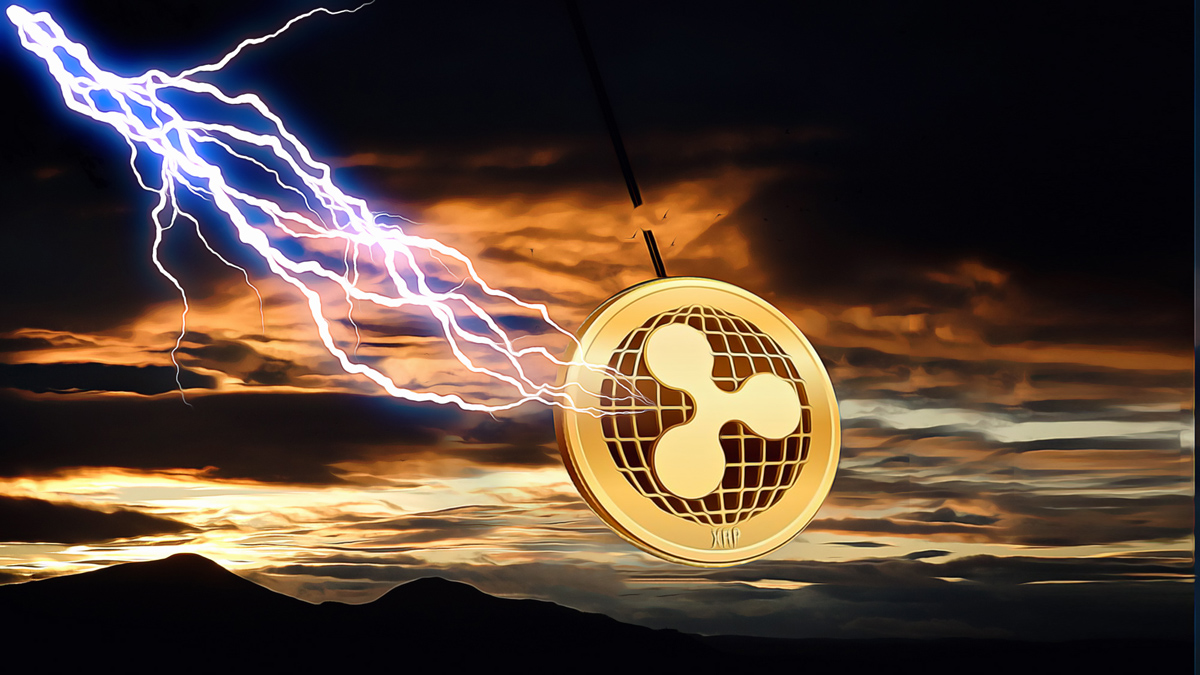On April 10, 2025, China officially announced a staggering 84% tariff on all imports from the United States. This decision is viewed as a direct response to the recent tariff increase imposed by the US on Chinese goods just one day prior. Chinese officials argue that this move is a necessary step aligned with national interests and international trade principles. The development has escalated tensions in the global trade environment, creating an atmosphere of uncertainty in the markets.
Rising Tensions in Trade
According to the Chinese Ministry of Finance, the high import tax on the US is seen as a countermeasure to the US administration’s tariff hike on April 9. The increase from a previous tax rate of 34% to 84% had provoked a strong reaction from Beijing. The reciprocal tariff at the same rate signifies a new phase in the long-standing trade tensions between the two countries.
This tariff decision is perceived not only as an economic measure but also as a political statement. The Tariff Commission of the State Council of China characterized Washington’s actions as “economic bullying” and “unilateralism,” warning of violations of global trade rules. The Commission emphasized that Beijing is exercising its right to legitimate defense under national laws and international principles.
Cautious Outlook in International Markets
China’s retaliatory decision is exerting pressure on markets, particularly during a time when global trade networks are becoming increasingly fragile. The escalating uncertainties in trade have reduced risk appetite among investors, leading to downturns, especially in the cryptocurrency market. Experts warn that such reciprocal tariff increases threaten not only bilateral relations but also the balance of the global economy.
If trade restrictions persist, fluctuations may occur in numerous sectors worldwide, from commodity prices to supply chains. China’s call to Washington is noteworthy: the Beijing administration urged the US to abandon unilateral practices and return to the negotiation table. This appeal could signal the onset of a new diplomatic process.
The actions taken by both sides seem poised to shape not just current economic balances but also future trade policies. Notably, such high-tension maneuvers between the US and China may drive an increased interest in alternative investment vehicles like cryptocurrencies in the long run.

 Türkçe
Türkçe Español
Español









